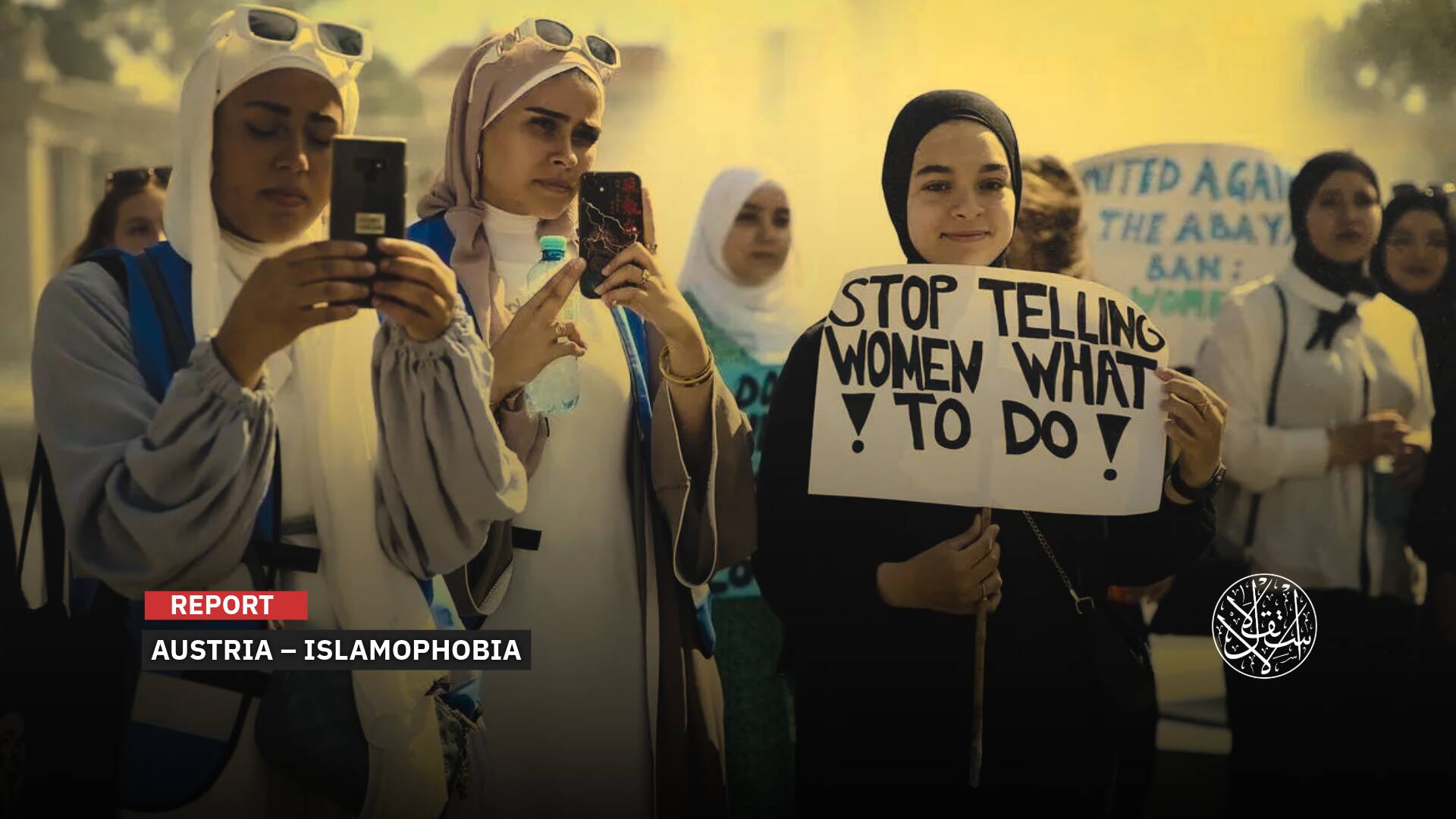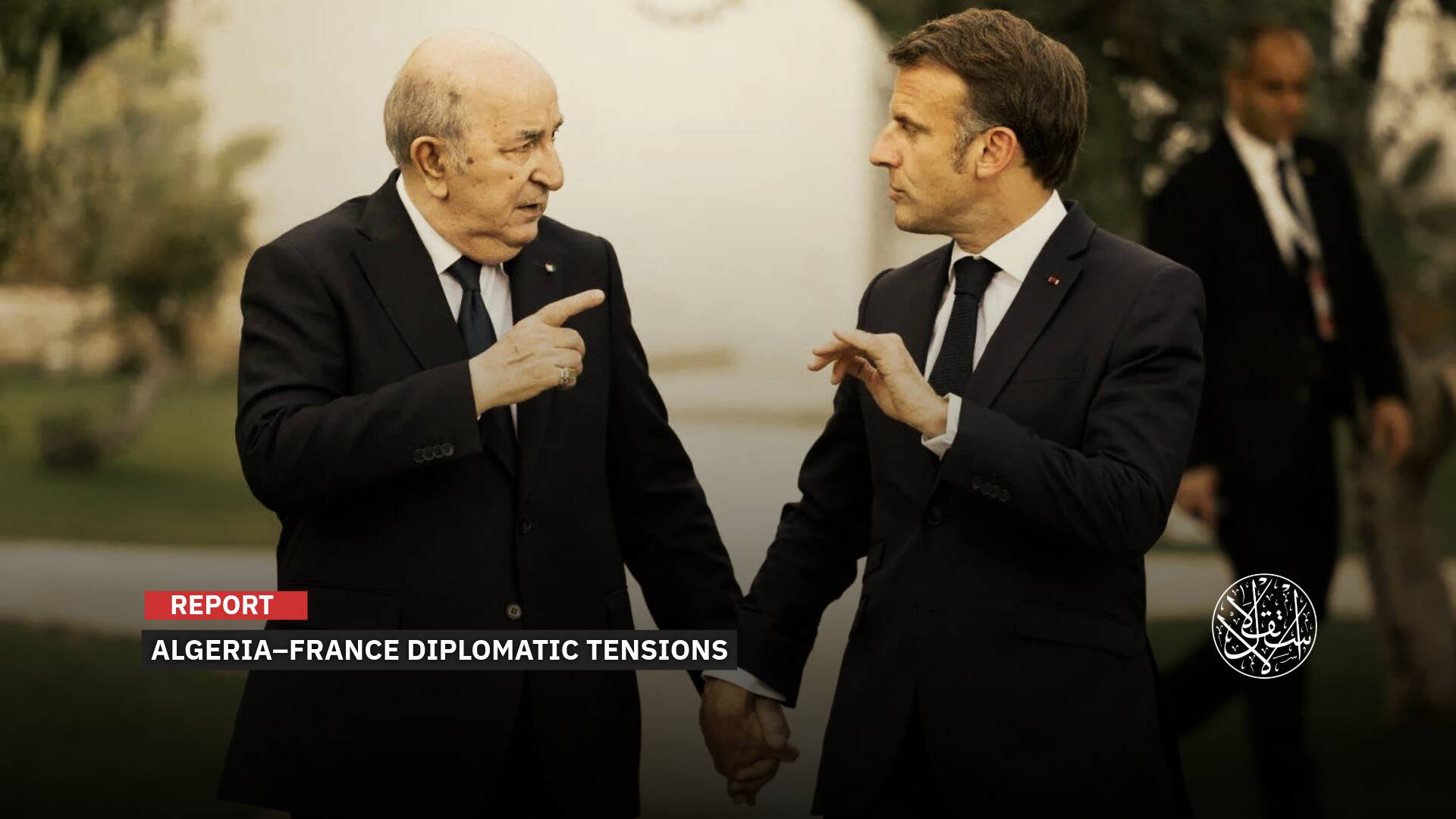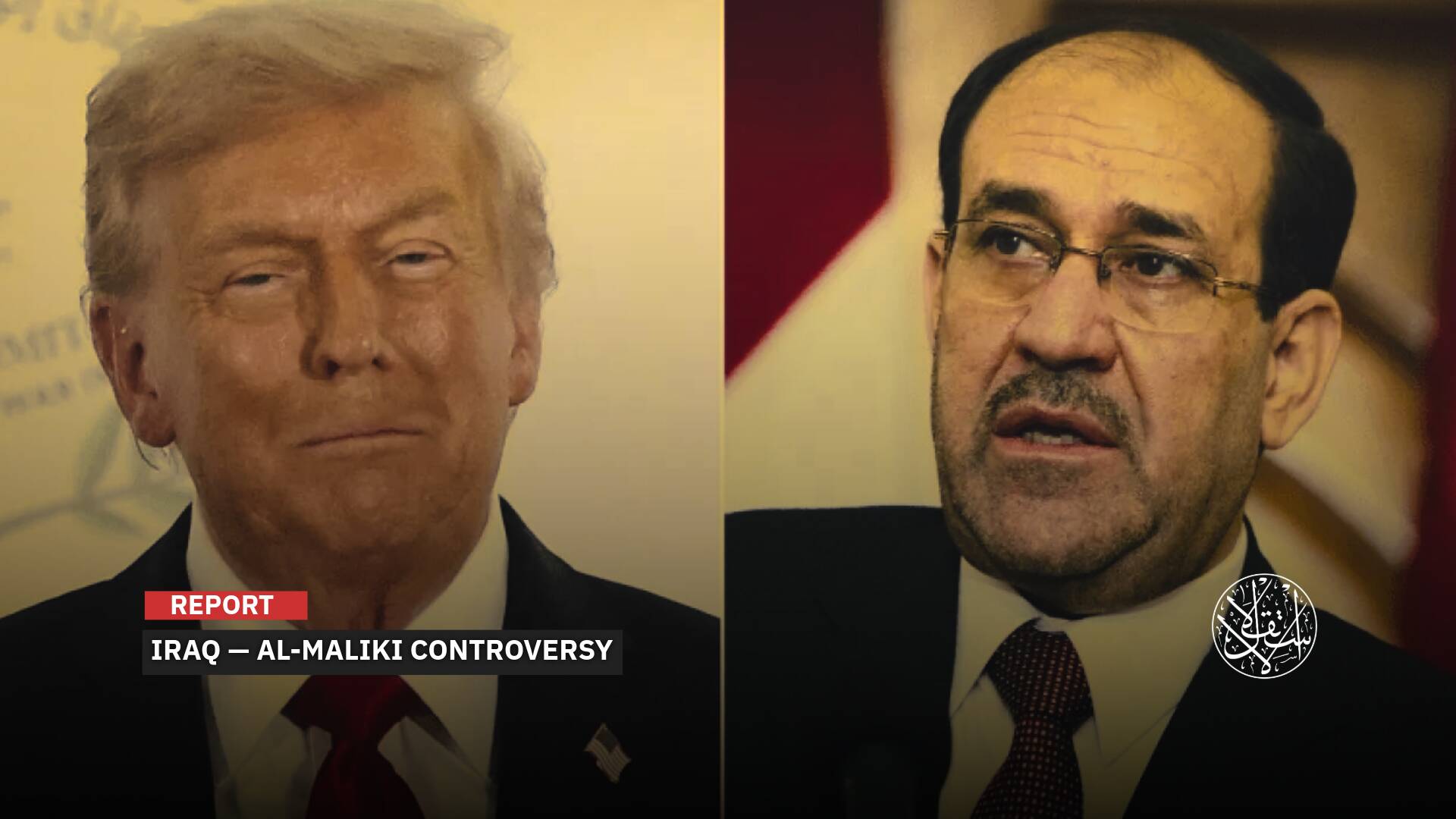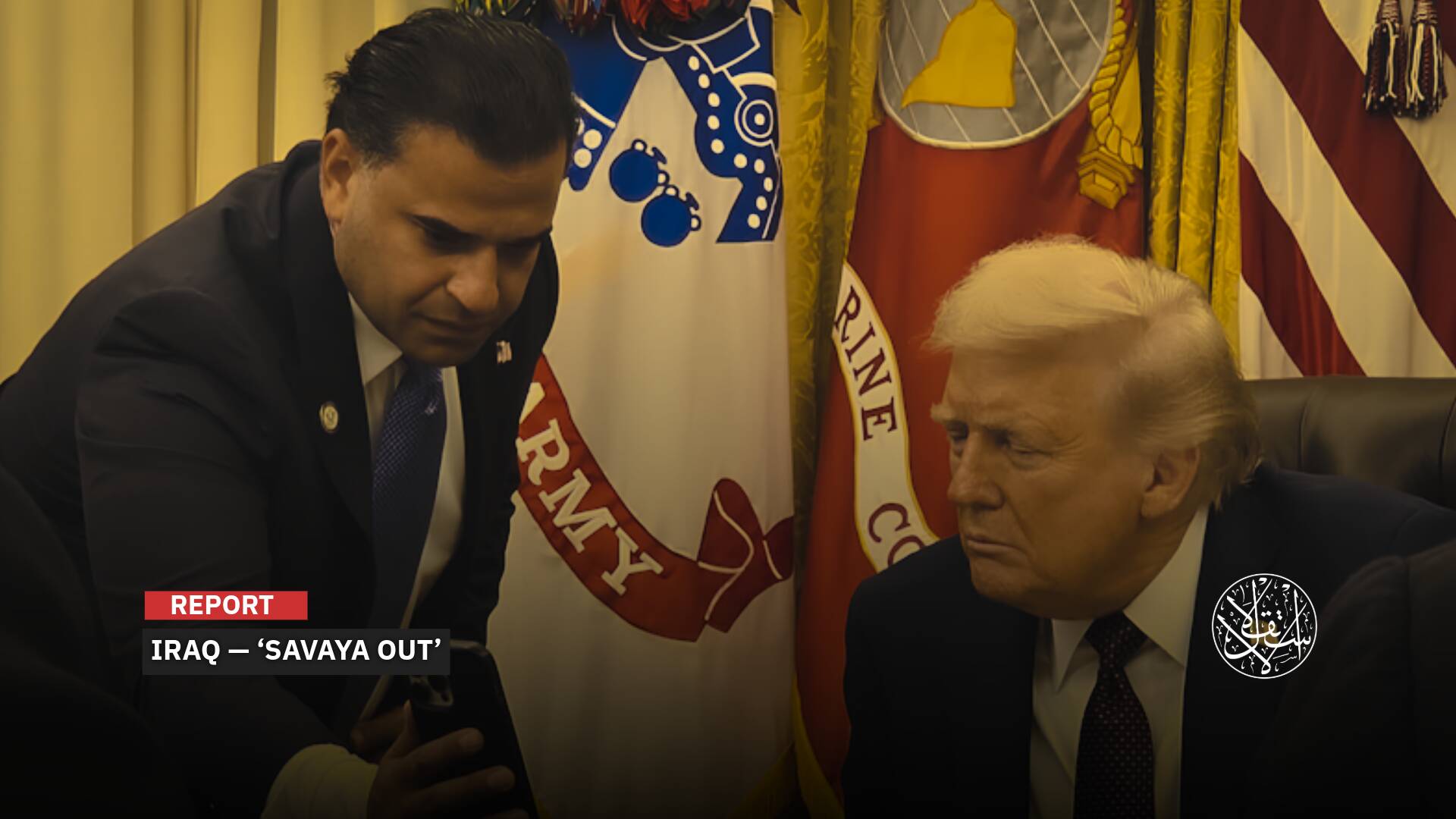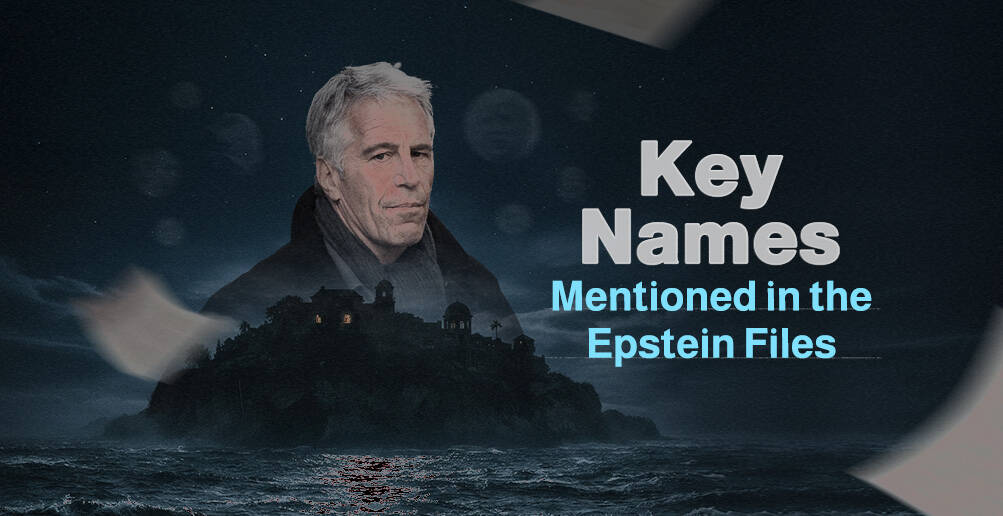Algeria Is Moving Towards Ending the Dominance of the French Language at a Fast Pace

By adopting the English language in primary schools for the first time in history, Algeria would have "severed the final blow" to the language of Molière (the French international dramatist), which dominated and controlled most public and private administrations.
With a clear official impulse, the English language began to find a foothold in Algeria, amid talk that the decisions to teach English in the primary school disturbed Paris, despite its silence about the new procedure.
Precedent in History
On June 19, 2022, the Algerian President, Abdelmadjid Tebboune, gave the green light to teach English at the primary level, for the first time in the country's history.
This came during a cabinet meeting chaired by Tebboune in Algiers, which discussed the country's education programs, according to a statement by the council.
The statement stated that Tebboune "ordered the adoption of the English language, starting from the primary stage, after a deep study, of experts and specialists."

Under the decision, English will become the second foreign language at the primary level, along with French.
The Parents' Associations and Educational Syndicates in Algeria welcomed the decision to include the teaching of English in the primary stage, which was based on French as a first foreign language.
Those who welcomed the decision believe that English has become the language of science, development, and interaction among peoples, which makes the matter of adopting it as a first foreign language in Algeria, "inevitable."
In this regard, the President of the National Association of Parents of the Blida Province, Ezzedine Zarrouk, stated that "the President's decision is an embodiment of an old demand of the Parents' Associations, in light of the huge spread of learning the English language globally."
Zarrouk told Al-Shorouk on June 20, 2022, "Our children are now watching English-speaking cartoons, and learning terms that they use in their daily lives.
Also, "the majority of games and ways of communicating through social media and applications are in English."
This is in addition to the total dependence of the majority of the world’s countries in their communication on this language, including the Gulf, Europe, and Turkey, according to him.
The last soldier
The spread of French in Algeria is due to its imposition during the colonial era that lasted for 132 years (1830 -1962) and the fight against the occupation of the Arabic language, as well as the delay in implementing laws to Arabize the administration and education after independence.
From time to time, Algeria witnessed controversy over the status of French in official circles in the first place, as opponents, especially conservatives, protest against official letters in French, and the circulation of documents in government departments in this foreign language.

In January 1991, the Algerian authorities issued a law to generalize the use of the Arabic language in all transactions within government sectors, but its application remained suspended for reasons that opponents say are due to the influence of the so-called "lobby in support of France in Algeria."
Most ministries in Algeria use French in most of their internal correspondence and even in their official statements, although the constitution states that "Arabic is the first national and official language, and Tamazight is an official and second national language."
Ministries, including labor, vocational training, and sports, decided to end the use of the French language in their employees’ internal and external dealings in the midst of an escalating crisis with France after French President Emmanuel Macron’s statements were described as “offensive.”
In October 2021, Macron questioned the existence of an Algerian nation before his country's colonization of Algeria (1830 - 1962).
Algeria has never before witnessed official and unofficial decisions of this magnitude against the use of French in various government sectors.
For the first time since independence, Algerians heard ministers speaking in a language other than French or Arabic, and the beginning was with the Minister of Foreign Affairs, Sabri Boukadoum, who spoke in English during a press conference on the sidelines of his presidency of the Algerian delegation participating in the 74th session of the General Assembly of the United Nations.
This is a precedent in the history of Algerian diplomacy, which has known ministers who only speak French and rarely Arabic.
Since independence, France has pushed toward the spread of its language in Algeria as the "last soldier" that indirectly protects its economic and political interests.
To infer this, when Algeria took the decision to nationalize oil on February 24, 1971, Paris decided to punish it by withdrawing its engineers from the region, but it did not withdraw any teacher who was teaching French there.
Popular Demands
In recent years, demands have escalated from Algerian parties and associations calling for the inclusion of English in the early years of education as the most widely spoken language in the world's scientific community.
In early October 2021, the Algerian Citizenship and Environment Forum (independent) launched a campaign to collect millions of signatures calling on the government to change the second language of instruction from French to English, as the campaign continues online.
According to a statement by the forum, the campaign strives to "keep pace with the world linguistically, intellectually and scientifically, and to save our children from wasting years in learning a language that does nothing."
For his part, the Algerian political analyst, Jamal bin Shamsa, said that "the decision is honorable for the future of Algeria and its rising generations because English has become the world’s most spoken language, so the state had to be aware of this new fact."
He added in an interview with Al-Estiklal, that "the recent decision, albeit late, but it reflects the new trend in embarrassing the colonial state, and that it stems from the conviction that Algeria must keep pace with linguistic development."
Bin Shamsa pointed out that "Algeria, until recently, is still a colony because of our dependence and attachment to the French language, a policy that Paris rooted before leaving the countries that occupied it so that this patriarchal link does not go away, but the recent decisions in this aspect corrected the mistakes of the past."
He stressed that "French is no longer that seductive language for young people, and it is no longer the language of modern science, but the current, present and future boom of English, and therefore the most correct option was to keep pace with the current development and choose it within our educational curricula."
However, he explained: "Political changes may be the motive for such a choice by the Algerian state, but it is the right choice."
Bin Shamsa said: "Of course, Tebboune's decision can be seen as a fatal blow for the dependency on France and linguistic colonialism that has lived in the country because of colonialism, and we are convinced that this will succeed in the medium term and there is nothing wrong with it if it is long."



